Tom O’Mahony CEO of Origin Enterprises is well used to volatility. After all, he is a man who has spent most of his career managing businesses exposed to the vagaries of global markets.
The head of the agri input services group appears relaxed as he tells me that grain prices are at decade lows, up to 20% of the wheat crop was wiped out in Poland this year and a later spring meant a missed application which all led the listed company downgrading its profit outlook by 15% earlier this year.
“This is a cyclical business,” he explains, and Origin demonstrates that when farmers feel the pinch of low margins or bad weather, it can negatively affect profitability.
Today about 70% of its business is in the UK and Ireland, with a growing proportion coming from Poland, Ukraine and Romania. With about 60% of its income coming from cereals and oilseeds applications, the business feels the pulse of every European tillage farmer.
But O’Mahony is a man on a mission and has brought Origin a long way from its IAWS roots to become what it describes as a “focused agri-services group”.
After a series of non-core disposals, including its Valeo food business last year for €54m, it is more focused on dealing directly with farmers in Eastern Europe than ever before, alongside maintaining its wholesale activity here through Gouldings Fertilisers and R&H Hall feeds.
He puts agronomy at the centre of the business and he is pushing the boundaries of a research-based agronomy services business.
He says the opportunity is to drive yield for farmers through technology transfer and he has ambitions to expand, build on its core and develop new markets.
For example, in the past year he has used the money from the sale of Valeo to acquire agronomy services and input distribution businesses in Poland and Romania to sit alongside its established operations in UK, Poland and Ukraine.
In many respects, this is a business that is exposed to the externalities of input and technology providers, the plight of farmers and the global grain commodity markets.
For example, the rate of innovation in input technologies and their life cycle is challenged today due to rising costs of regulation and natural resistance factors.
What all this means for the agri inputs and farming sectors is that there will be further consolidation, and increased proffessionalism where technology will take centre stage, according to O’Mahony.
Central and eastern Europe offers opportunity for Origin due to the size and fragmented nature of the market, and he says Origin must “provide service and value to farmers beyond the traditional input sale”.
Farmers are becoming more returns and productivity focused and scale will form part of this. He says farms in central and eastern Europe are consolidating and service providers will be required to respond to this change.
“Our role is to address the quality, efficiency and output requirements of farmers,” he says, explaining that the advisory aspect is key. In the UK alone, Origin employs 267 or 29% of all practicing agronomists, alongside 55,000 trial plots and 28 demonstration farms.
Their agronomists can visit farms up to 25 times per year to understand the needs of the farm and create a package individual to this farmer and his capabilities.
Agrii, its UK business, originally brought together Dalgety, Masstock, CSC and UAP under one banner. Today it services about 1.4m ha of crops or a third of the arable area in the UK.
Along with directly interfacing with 25,000 farmers, it purchases almost 1m tonnes of fertiliser every year for its UK and Irish (Gouldings) businesses.
Why eastern Europe?
Three years ago, central and eastern Europe accounted for around 7% of the business. Today, it is now three times larger, accounting for 22% of the business after a number of large acquisitions.
“This is a geography where there is scale, the retail market is fragmented and the spend and yields are low,” says O’Mahony.
The best farmers in these countries are demanding technology, whether this is around pest and disease management, soil management, or applications. He says the biggest complexity to this business is to make the technology work locally in each geography.
Poland
Poland has almost 11m hectares of arable cropping, yet the average farm is only 10ha. With 10,000 farmers having more than 100ha, Origin is focused on the larger farms where the average spend is four times more. With 50% of input purchases through retailers, this was one of the key factors in driving the decision to acquire Kazgod. This transforms its Polish business where about 50% of sales are now direct to farm.
Ukraine
It moved into Ukraine, which has one-third of EU arable land when it purchased Agroscope in 2014. This is large-scale farming where one of its largest customers has almost 0.2m hectares. It services a crop footprint of over 5.4m hectares.
Romania
Last year it bought two Romanian businesses, Redoxim and Comfert in a country that grows 8m hectares of crops. One of the biggest opportunities for Origin is that the average spend on inputs in Romania is less than one-third of the EU average and yields are less than 50% of the EU average.
THE FUTURE
O’Mahony says Origin will build on its direct on-farm presence across central and eastern Europe and the UK. But coming from its IAWS principles, smaller scale farming and structures already in place here, including independent research through Teagasc, Origin will remain true to its wholesale heritage in Ireland.
“Our ambition is to take the model where we can support and add value in a direct farm relationship. How we identify a target destination is where we can engage, have an opportunity to increase yield and where output improvement is closely aligned with input spend.”
He hints that it is unlikely that Origin will ever move into a capital intensive direct farming model. Origin’s success is its capital light model. It has a strong capacity to convert profit to cash which has allowed the business to scale quickly.
He prefers to see the business as a supplier of quality inputs along with a service that extends far beyond price as the key to the future.
The opportunity is to scale in areas where farming and the supply inputs industry is fragmented.
Consolidation is the opportunity. He says we are all about driving performance out of every hectare of ground. He says this is a farmers most expensive asset. The aim is to dilute the cost per output yield and it is the same principle in each geography.





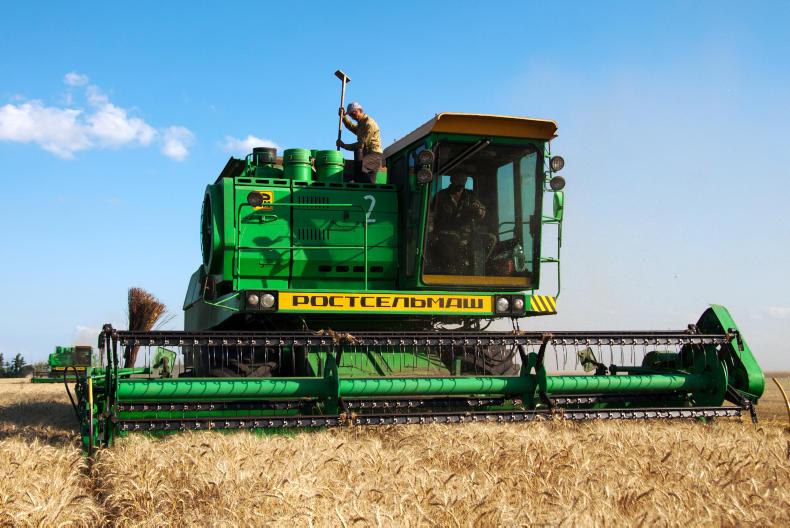
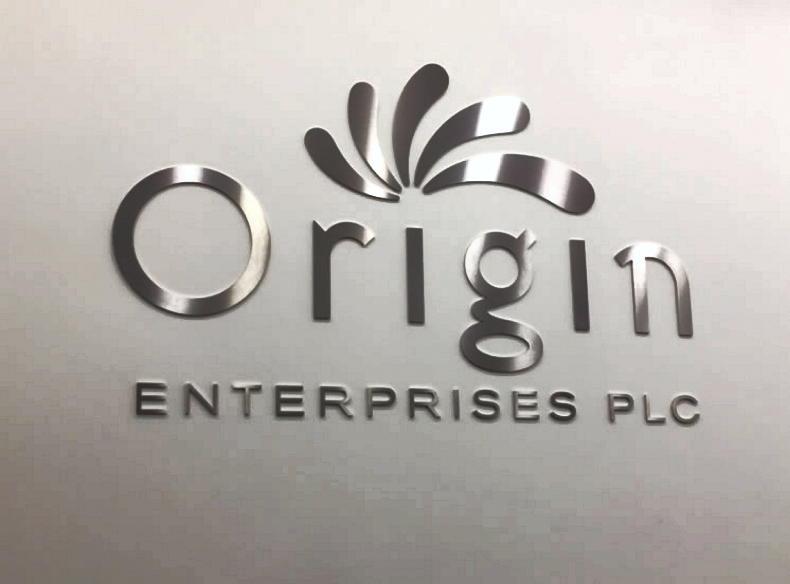
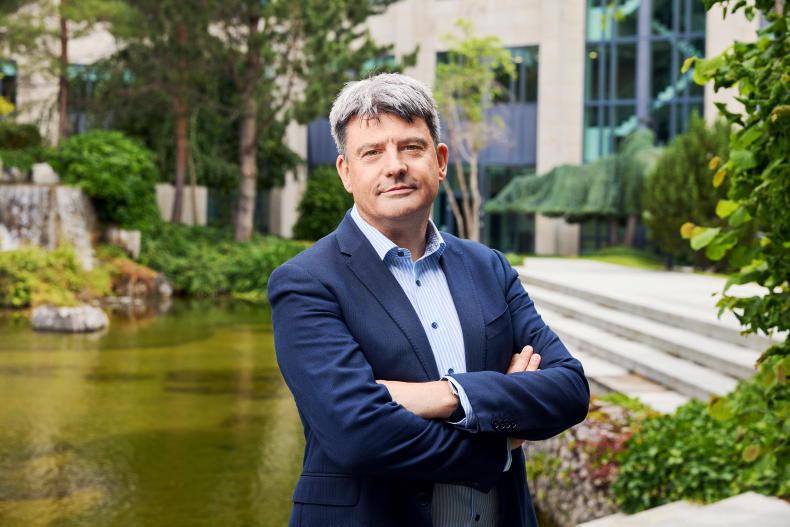
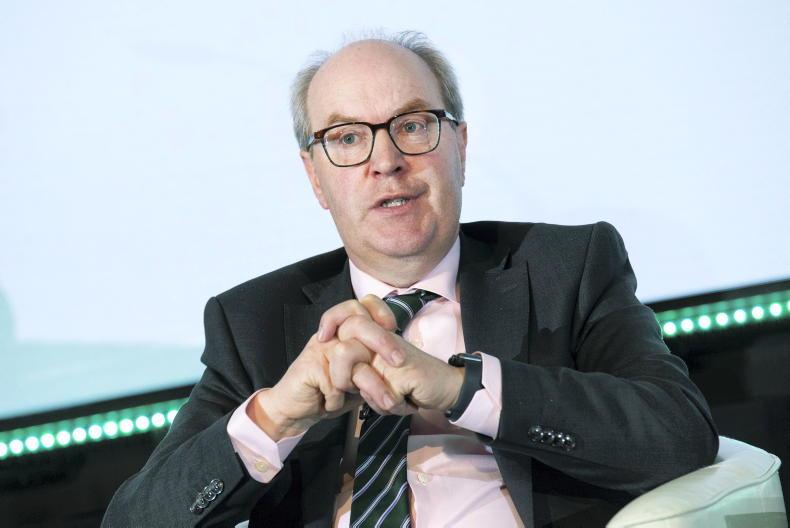
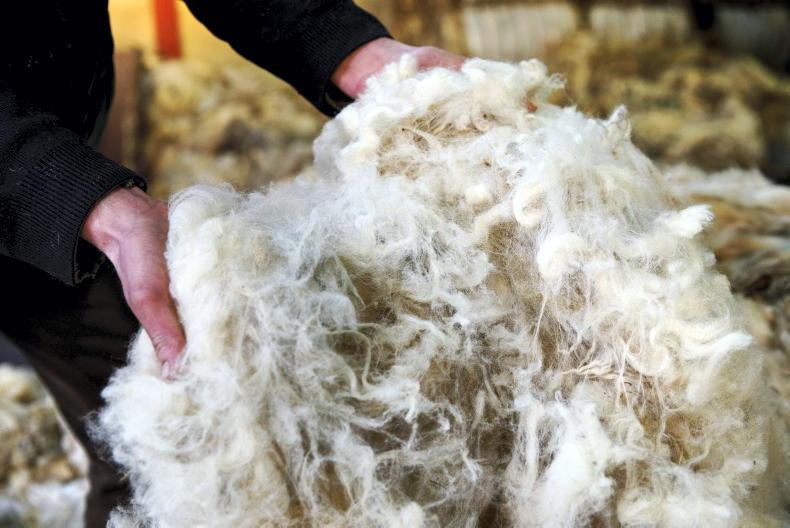
SHARING OPTIONS